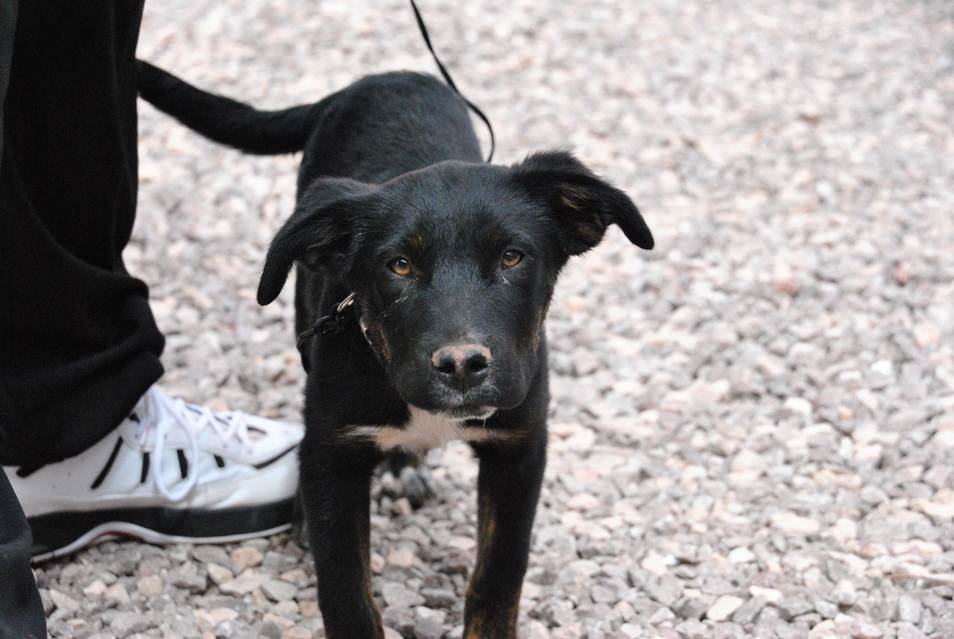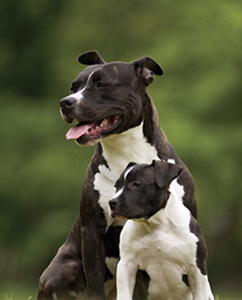Important information to know before your dog has surgery.
Please read carefully.
1. Pre-operative Bloodwork
a. This will give you a better idea about the health of the organs that process anesthesia. It will not tell you if your dog has Lyme or heartworm disease. That is a separate test.
b. It is always recommended, but is generally not required unless by the veterinarian.
c. It is highly recommended for dogs over 6 years of age or with a medical condition.
d. You will need to arrange this with a full service veterinary office.
2. Pain Medication
a. Your dog will be given pain medication before and after surgery.
b. We will give you pain medication for 3 days when you pick up your dog.
c. Follow the directions on the packet.
d. She/he may be nauseous, drool and not want to eat. This should only last overnight
e. Do not give over the counter medication, such as Tylenol, aspirin, Advil, Motrin or ibuprofen. These are harmful to dogs and can cause uncontrolled bleeding.
3. What to look for after surgery.
a. Slight swelling and redness is normal, however, if you notice excessive swelling, redness, or discharge veterinary care is needed. If there are any questions or concerns directly related to the surgery during the recovery period please email spayneuteradvocate@gmail.com. Do not email the general mailbox. Please contact us as soon as you see cause for concern. Let us know if you do not have access to email.
b. If you feel it is an emergency contact an emergency hospital in your area. You will be responsible for any charges incurred.
c. Immediate action can save your dog from a potential serious infection that can be painful and expensive to treat.
d. All sutures are internal and will dissolve. There is no need for suture removal.
4. Keep the e-collar (plastic cone to prevent licking) on your dog for 7 days. It only takes seconds for your dog to chew apart an incision or cause infection.
a. Check the e-collar daily. Make sure it is not too tight or too loose.
b. Do not cut the collar.
c. If you are not home it is recommended to crate your dog with the collar on.
d. If they damage the collar a new one can be purchased at pet stores or tractor supply.
e. Make sure they do not rub the incision with the collar.
5. Your dog just had major surgery.
a. Your dog may experience discomfort/dysphoria following surgery. Anesthesia may linger for 24-48 hours. Do not allow children or disabled/impaired persons near your dog for first 24-48 hours.
b. Be careful handling your dog as sometimes animals in pain, uncomfortable or sleepy may bite.
c. The veterinarian may suggest additional medication for your dog. Make sure you let her know if your dog is on any medication that may react with other medication.
d. Please be aware that all medications may have side effects including but not limited to liver/kidney damage, GI irritation including bleeding, renal damage, diarrhea, skin disorders, loss of appetite, irritability, allergic reactions or vomiting.




Low cost spay/neuter clinic
epaaonline2009@gmail.com
epaaonline2009@gmail.com
Surgery Requirements
All healthy cats and dogs over the age of 3 months, weighing at least 3 pounds may be eligible for surgery. Surgery is performed at the discretion of the veterinarian. It is mandatory for dogs and always recommended that your pet cat be examined, vaccinated and flea treated at a full service veterinary clinic prior to coming to our clinic for spay/neuter.
Animals will receive the following:
Sedation and pain medicine
General anesthesia
Spay/Neuter by licensed veterinarian
Tattoo on tummy
Written aftercare instructions
Certificate of spay/neuter (please keep in safe place, additional copy $10 each)
ps. if ever you have any questions about any of our procedures please ask!
Please be aware that you may have to seek private veterinary care for complications that may occur from not using an e collar, or if EPAA veterinarians are not available for review, in which you will assume full financial responsibility. We are not available for emergencies.
All healthy cats and dogs over the age of 3 months, weighing at least 3 pounds may be eligible for surgery. Surgery is performed at the discretion of the veterinarian. It is mandatory for dogs and always recommended that your pet cat be examined, vaccinated and flea treated at a full service veterinary clinic prior to coming to our clinic for spay/neuter.
Animals will receive the following:
Sedation and pain medicine
General anesthesia
Spay/Neuter by licensed veterinarian
Tattoo on tummy
Written aftercare instructions
Certificate of spay/neuter (please keep in safe place, additional copy $10 each)
ps. if ever you have any questions about any of our procedures please ask!
Please be aware that you may have to seek private veterinary care for complications that may occur from not using an e collar, or if EPAA veterinarians are not available for review, in which you will assume full financial responsibility. We are not available for emergencies.